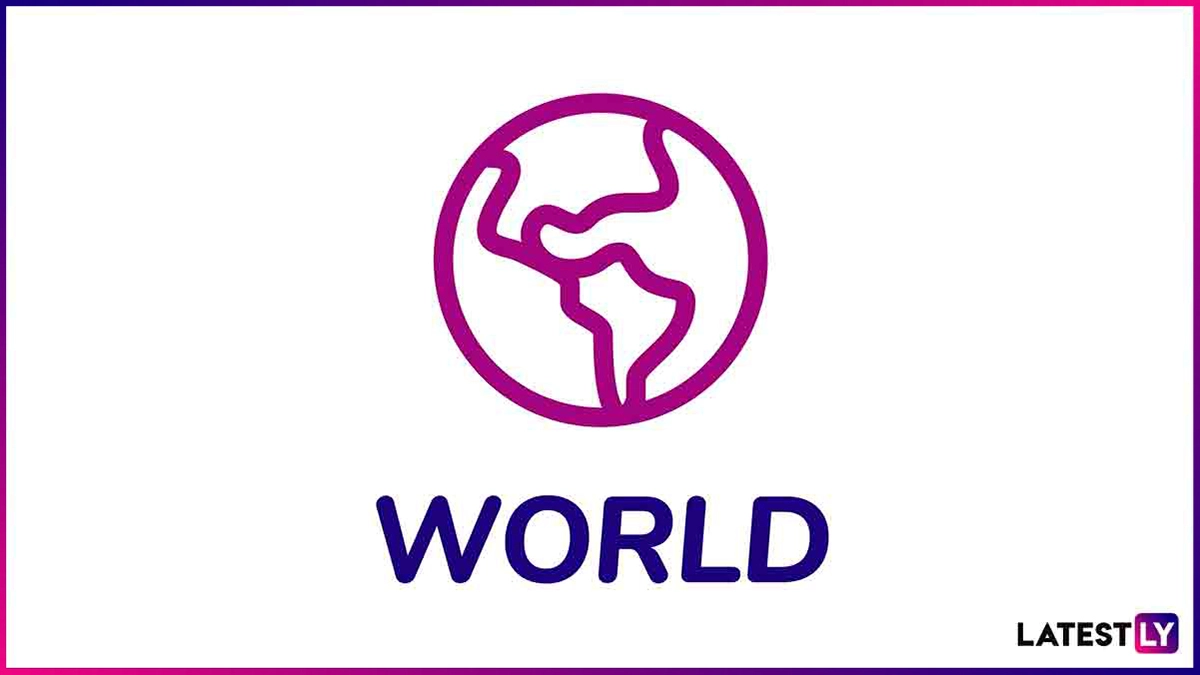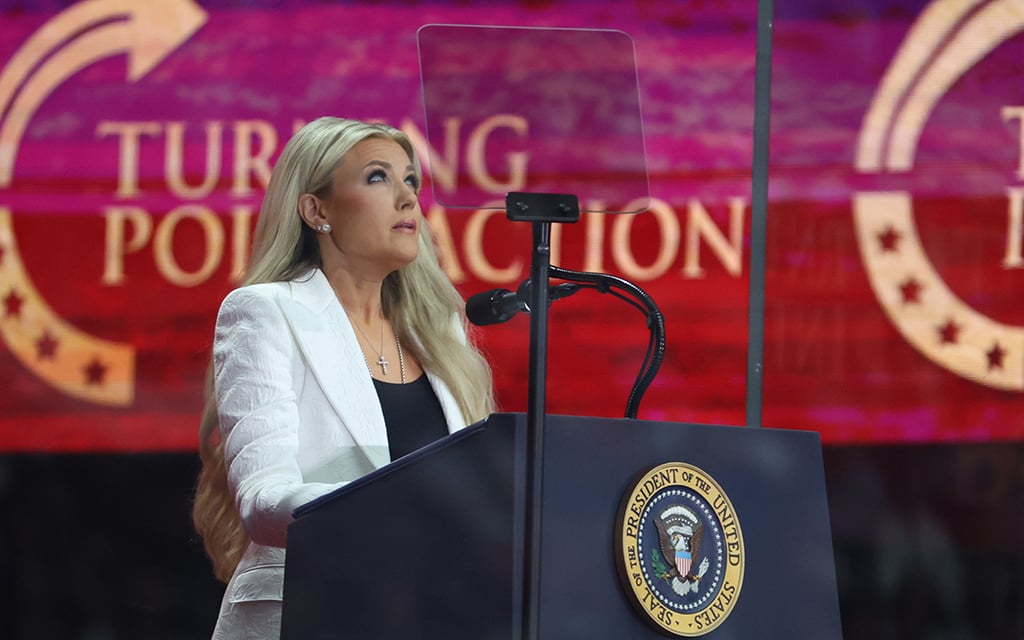Copyright cityam

Brits are more fearful of an income tax raid at the Budget than a rise in VAT or stricter rules on inheritance, a survey has found, with mounting speculation now weighing on people up and down the country. Rachel Reeves has signalled that she will raise taxes next month despite saying last year she would not “come back” with more demands. A new survey has found that Brits have been spooked by reports that planned tax rises could hit their pockets, with higher rate taxpayers more anxious about Reeves’ Budget plans. Research by the pollster Opinium, commissioned by the investment platform Hargreaves Lansdown, has shown that a rise in income tax rates is at the top of the list of pre-Budget fears. The poll found that a greater number of higher earners were fearful of income taxes being raised than in overall figures. A possible removal of tax breaks on pension contributions has also spooked higher earners, ranking second on the list of tax fears. Across the UK population, a rise in VAT and council taxes were respectively second and third on the list of fiscal fears. Tax speculation spooks higher earners “Statistically, the tax you’re most likely to be worried about rising in the Budget is income tax, and thanks to frozen thresholds, this is nailed on,” said Sarah Coles, head of personal finance at Hargreaves Lansdown. “Unfortunately, the second biggest worry is VAT, and thanks to inflation, there’s every chance you’ll automatically be handing over more money to the taxman in VAT too. “Other concerns also remain on the table, and worries around pensions have risen up the ranks for higher earners.” The latest poll points to pre-Budget frights afflicting working Brits across the country. Researchers across Westminster are meanwhile rushing to draw up policy suggestions for Reeves to consider at the Budget. Self-employed workers at risk The Resolution Foundation, a left-leaning think tank that was once of the workplace of top Treasury ministers, has previously advocated for self-employed workers to be hit with higher levies in order to make them more equal with employees. In a pre-Budget briefing, the think tank said effective tax rates on the self-employed were around half that paid by employees. Adam Corlett, principal economist at the Resolution Foundation, said last year’s Budget £20bn raid on employers meant the discrepancy in rates faced by employees at companies and self-employed workers had increased. “There is no good reason for this tax gap to exist,” Corlett said. “It distorts behaviour, heightens job insecurity and reduces tax revenue. The Chancellor should reduce this gap in her upcoming Budget by extending employers’ national insurance to partnership income and levelling up tax rates on other self-employment.”



